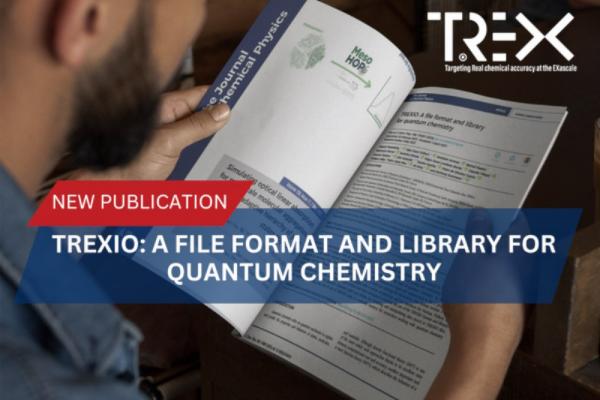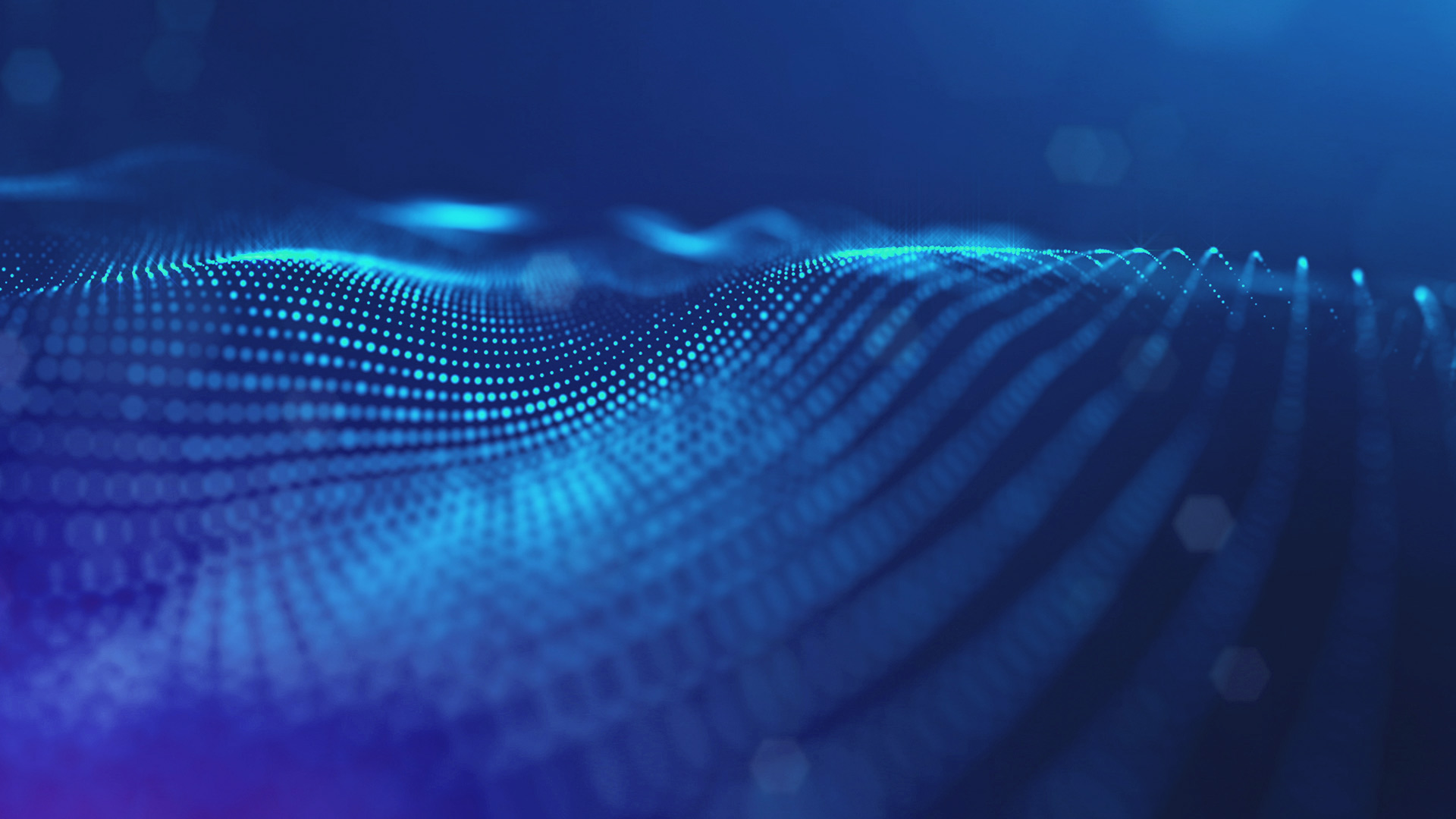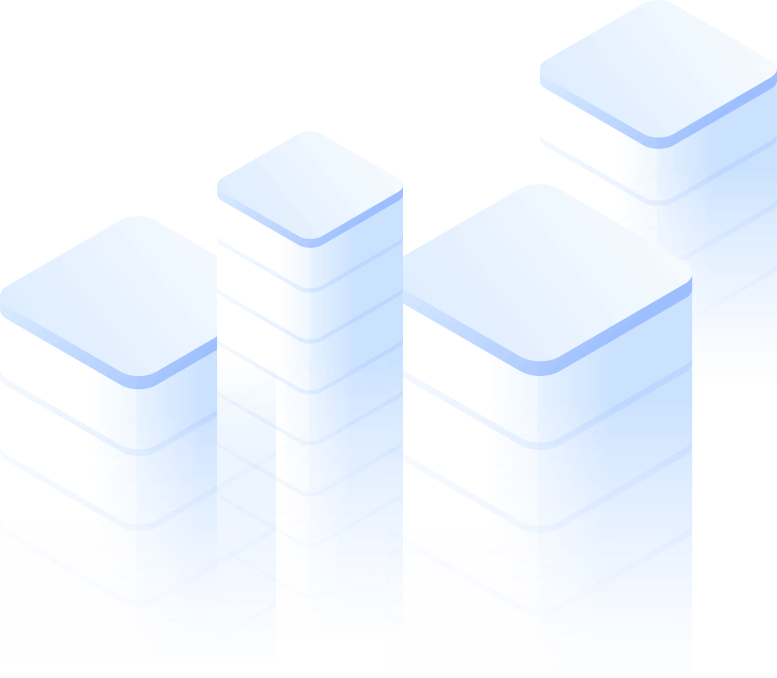
TREXIO: enabling collaboration and reproducibility in Quantum Chemistry research
A scientific article authored by a team of TREX researchers, including Evgeny Posenitskiy, Vijay Gopal Chilkuri, Abdallah Ammar, Michał Hapka, Katarzyna Pernal, Ravindra Shinde, Edgar Josué Landinez Borda, Claudia Filippi, Kosuke Nakano, Otto Kohulák, Sandro Sorella, Pablo de Oliveira Castro, William Jalby, Pablo López Ríos, Ali Alavi, and Anthony Scemama, has been recently published in the Journal of Chemical Physics.
The article introduces the TREXIO format and library, which address the need for a standardized file format and application programming interface in wave function theory within the field of quantum chemistry. During their work on the TREX project the researchers faced a two-headed challenge: on one side the complexity and abundance of wave function parameters and the need for a robust and efficient method for storing and accessing them; on the other side the need to improve interoperability between different systems to ensure research reproducibility.
The TREXIO library fills these gaps by providing a self-contained format capable of storing wave function parameters, eliminating the need for external databases. TREXIO organizes data into groups and attributes, making it accessible and flexible for different applications.
The TREXIO format (version 2.3.0) stores essential information, such as electron numbers, coordinates, basis set parameters, orbital details, and metadata. It also handles data required for computations, including integrals and density matrices.
Its open-source nature enables easy integration into various software applications and its compatibility with multiple programming languages ensures accessibility for a wide range of users. By utilising the HDF5 library as the default back-end, TREXIO achieves efficient storage and retrieval of data. Additionally, the option to disable HDF5 and use the text back-end allows for zero external dependencies.
The first version of TREXIO was developed and published by the H2020 TREX European Centre of Excellence. Since TREXIO is open-source software, contributions to improve the system are encouraged through code contributions, documentation, testing, etc.
With its open-source nature and compatibility with multiple programming languages, TREXIO has the potential to transform the way researchers collaborate and achieve reproducibility in quantum chemistry. As the development and adoption of TREXIO continue, the quantum chemistry community can look forward to even greater advancements and discoveries in this exciting field.
The article can be found at the following link: https://pubs.aip.org/aip/jcp/article-abstract/158/17/174801/2888846/TREXIO-A-file-format-and-library-for-quantum?redirectedFrom=fulltext


